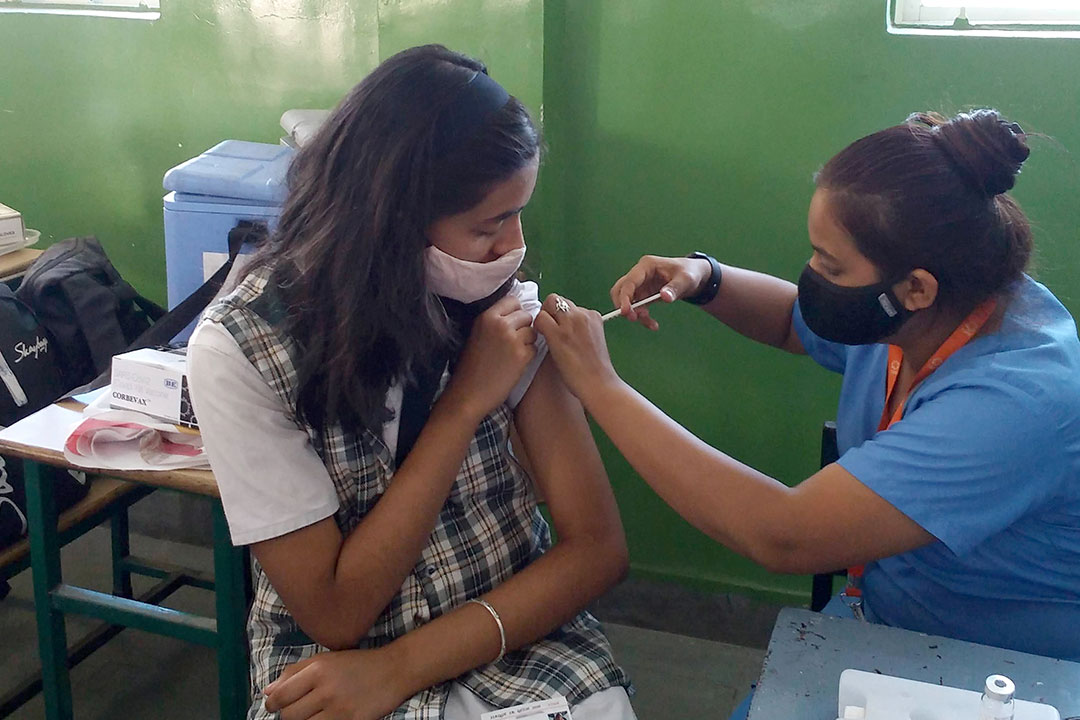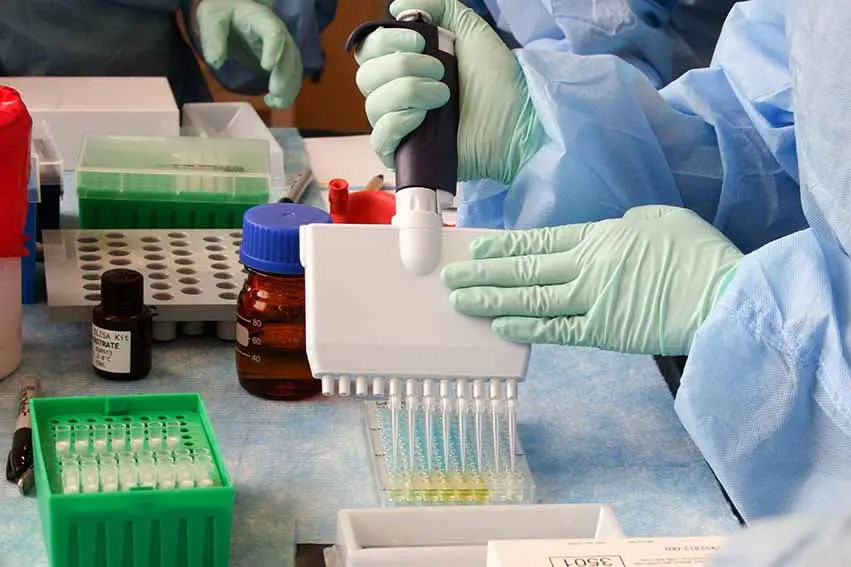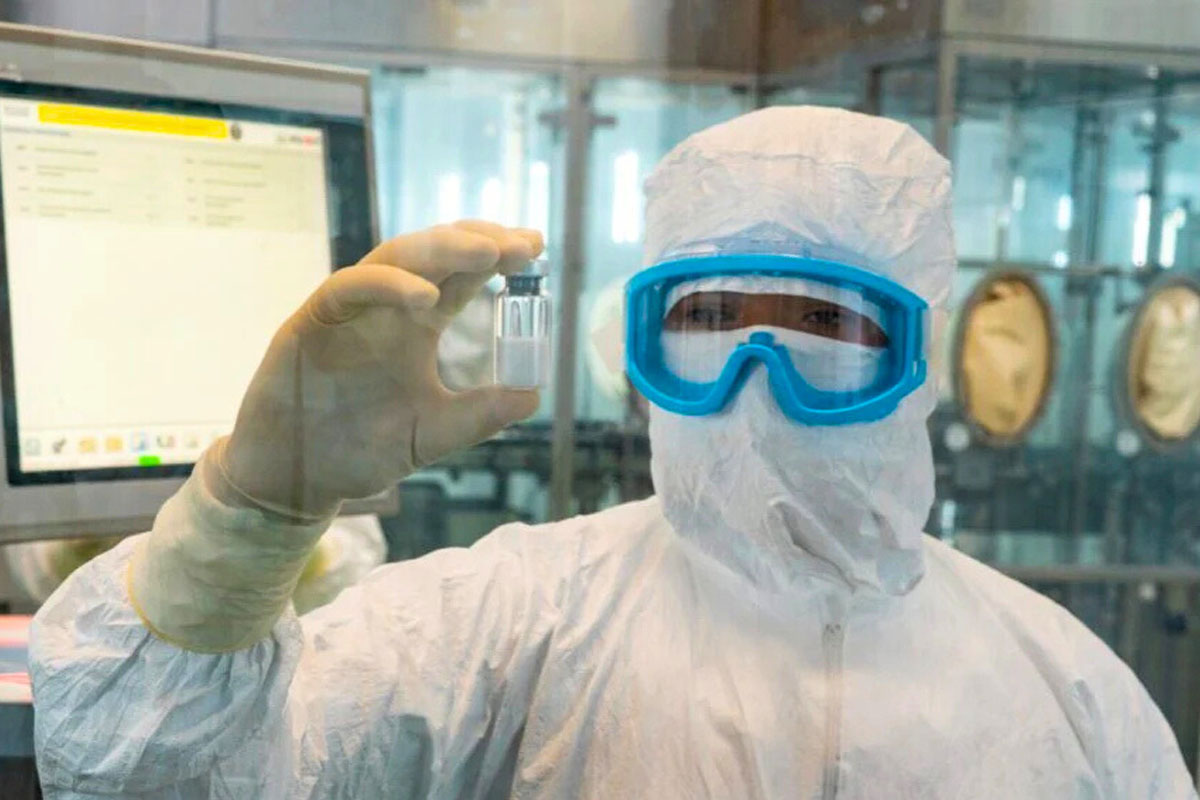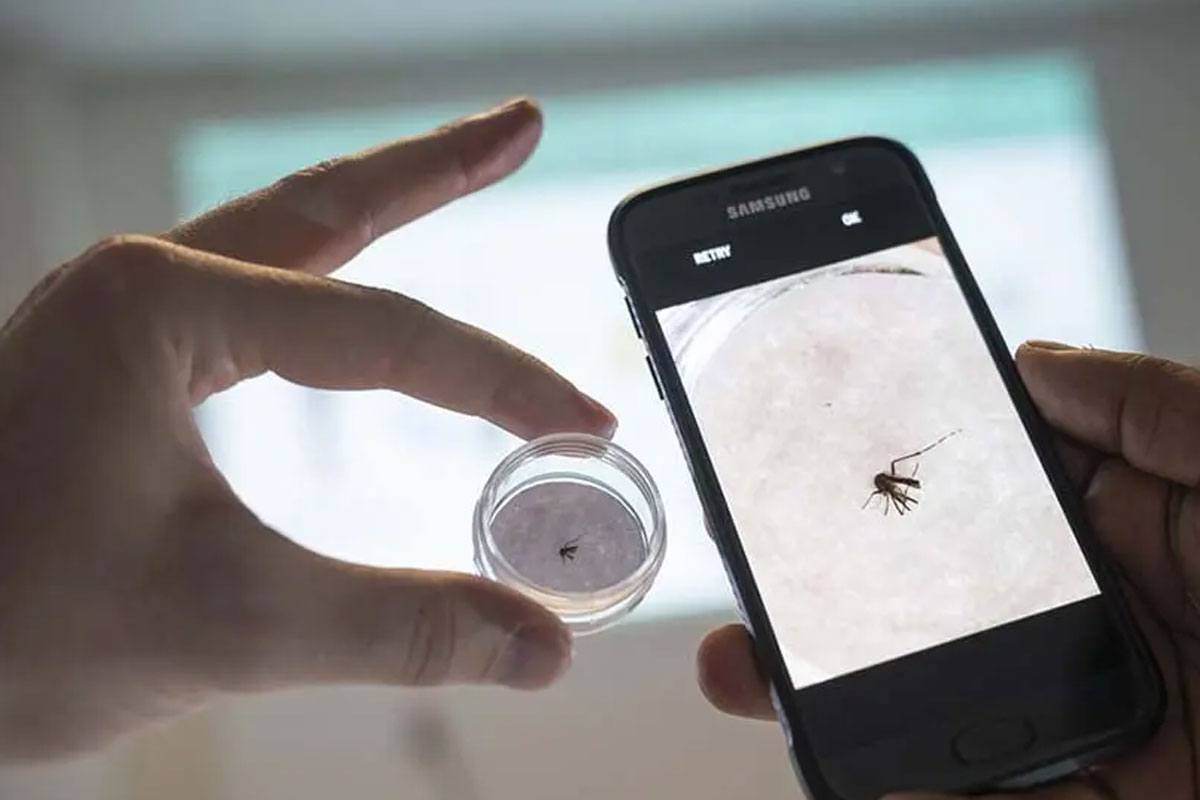African surveillance labs can power eradication push
National polio laboratories will help Africa in its final push towards eradicating the disease, writes Chikwe Ihekweazu, outgoing acting director for WHO Africa.
- 8 July 2025
- 5 min read
- by SciDev.Net
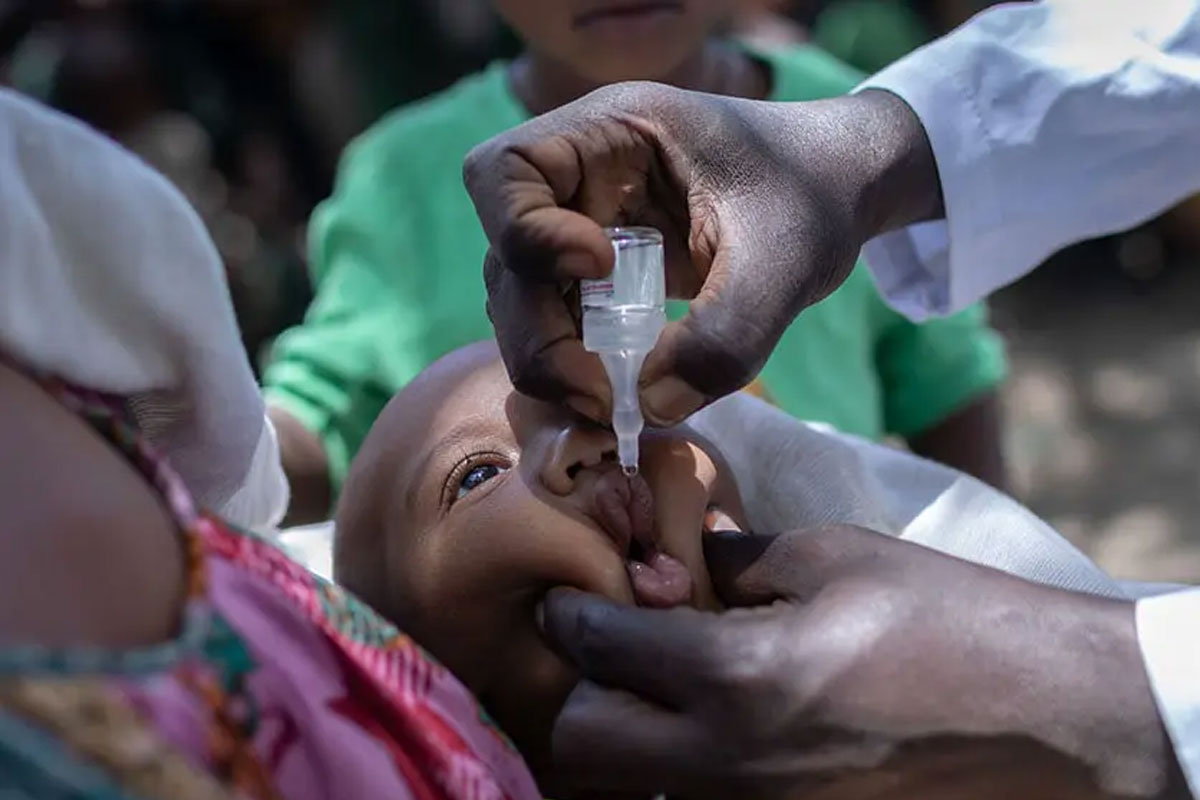
As my term as acting WHO regional director for Africa draws to a close, I have been reflecting on the resilience and collective commitment that have defined our region’s fight against polio.
It has been a journey of challenges and breakthroughs that have required vigilance, courage and agility to adapt and respond to an ever-evolving target — the eradication of polio.
We have witnessed the power of vaccines, yet the complexity of today’s world continues to throw up barriers.
Now we have an important opportunity to renew our collective commitment to reaching every child, no matter where they live, in the fight to eradicate polio. What an achievement that would be for the world!
Earlier this year, I joined a Global Polio Eradication Initiative mission to my home country, Nigeria.
Nigeria continues to be a critical front line in the global battle against polio, accounting for a quarter of the cases reported in the region in 2025 — 32 confirmed cases across ten states, with the highest numbers concentrated in the northern states.
Our mission was sobering and inspiring. Sobering, because despite real progress, variant poliovirus continues to circulate, threatening to reverse decades of hard-won progress.
Inspiring, because of the courage and commitment of the people working every day to end polio, often in the most difficult conditions.
Viruses with origins in Nigeria have also crossed borders, reaching neighbouring countries and some areas within the European Union.
This troubling reality serves as a stark reminder: as long as polio exists anywhere, it remains a threat everywhere.
My trip to Nigeria was a reminder of the scale and complexity of the challenges we face across the African region.
Conflicts and insecurity continue to limit access to children who need vaccines. Health systems are overstretched, with limited resources for essential services like immunisation. Vaccine confidence is waning in some communities, often due to misinformation and distrust.
‘Everyday heroes’
But that is not the whole story. Despite the challenges, there are everyday heroes holding the line: the vaccinators traveling long distances across difficult terrains, with severe security challenges to reach every child; community mobilisers confronting misinformation with empathy and facts; and government officials — especially health ministers — leading with resolve and vision.
These frontline workers are doing more than delivering vaccines. They are restoring trust, building bridges and driving the final push toward eradication.
They are supported by innovative approaches, developed by the partnership of global actors that drives polio elimination efforts — the Global Polio Eradication Initiative.
Have you read?
There are new plans, for example, to strengthen outbreak response in the Lake Chad Basin, Sahel, and Horn of Africa — areas currently experiencing outbreaks.
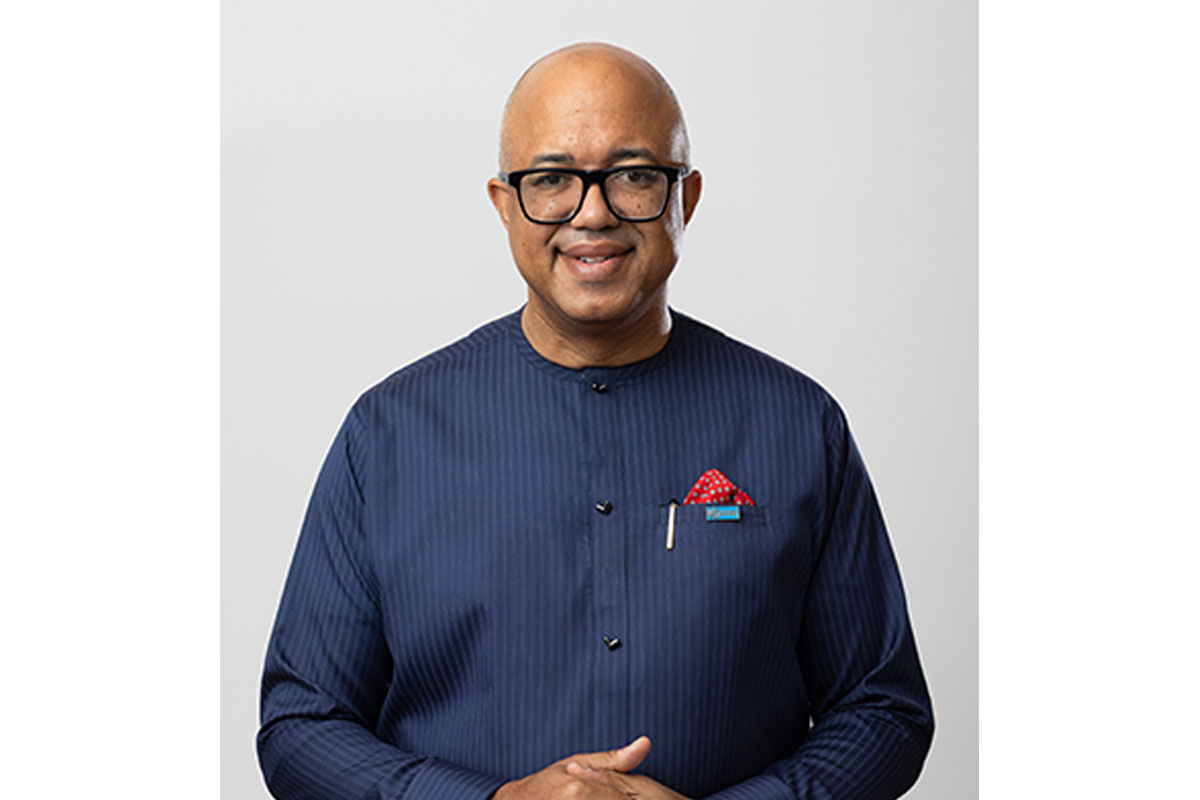
These plans prioritise cross-border coordination, recognising that viruses do not respect national boundaries, so neither can our response.
Over several decades, polio eradication has attracted widespread support, and the continent was set on the goal of eradication. This has driven intense action as we made progress, including the certification of the region as free of indigenous wild poliovirus in 2020 and swift responses to outbreaks of vaccine-derived poliovirus type 2, or cVDPV2.
Our continent has shown what is possible when countries, partners, and communities unite with urgency and purpose.
Today, the context is evolving. Traditional donors are gradually stepping back, and the global health agenda is expanding amid overlapping emergencies and priorities.
These shifts demand greater efficiency, stronger country ownership and regional solidarity.
At the WHO African Region, we are responding by strengthening outbreak response, country-level surveillance capacity and building long-term systems.
The recent end of the polio outbreak in Madagascar — a country that has faced repeated reinfections — demonstrates what is possible with strong local leadership, effective surveillance, and tailored, community-led campaigns.
It also reminds us that eradication is still within reach if we remain focused, agile and people-centered.
National laboratories
Sustained investment in surveillance remains vital. This is why we are supporting the establishment and accreditation of new national laboratories across Africa.
Our region stands at a crossroads, but also on a strong foundation. The path to a polio-free world is clear.
These laboratories could improve our ability to detect poliovirus quickly and accurately and strengthen Africa’s overall capacity to respond to emerging public health threats.
This is the future: a public health system that is agile, locally led, and integrated. We cannot afford to be complacent as the stakes are high.
Every unvaccinated child is a risk to their community and the world. It is time for all of us to rally behind the people doing the hard work on the ground. Countries need to invest in stronger health systems, better surveillance, and strategies that adapt to the realities of conflict, displacement, and misinformation. And let us finish what we started.
As I pass the baton of leading the World Health Organization in the African region, I do so with deep gratitude to the thousands of vaccinators, surveillance officers, community leaders, scientists, and partners across the continent who make this work possible.
Our region stands at a crossroads, but also on a strong foundation. The path to a polio-free world is clear.
We must walk it with renewed determination, together. Now more than ever, Africa’s voice and leadership in global health must be bold, informed, and forward-looking.
This is our moment to ensure that the legacy of polio eradication is the end of a disease and the foundation for lasting public health for all.
Chikwe Ihekweazu is the outgoing acting WHO regional director for Africa.
This piece was produced by SciDev.Net’s Sub-Saharan Africa English desk.
